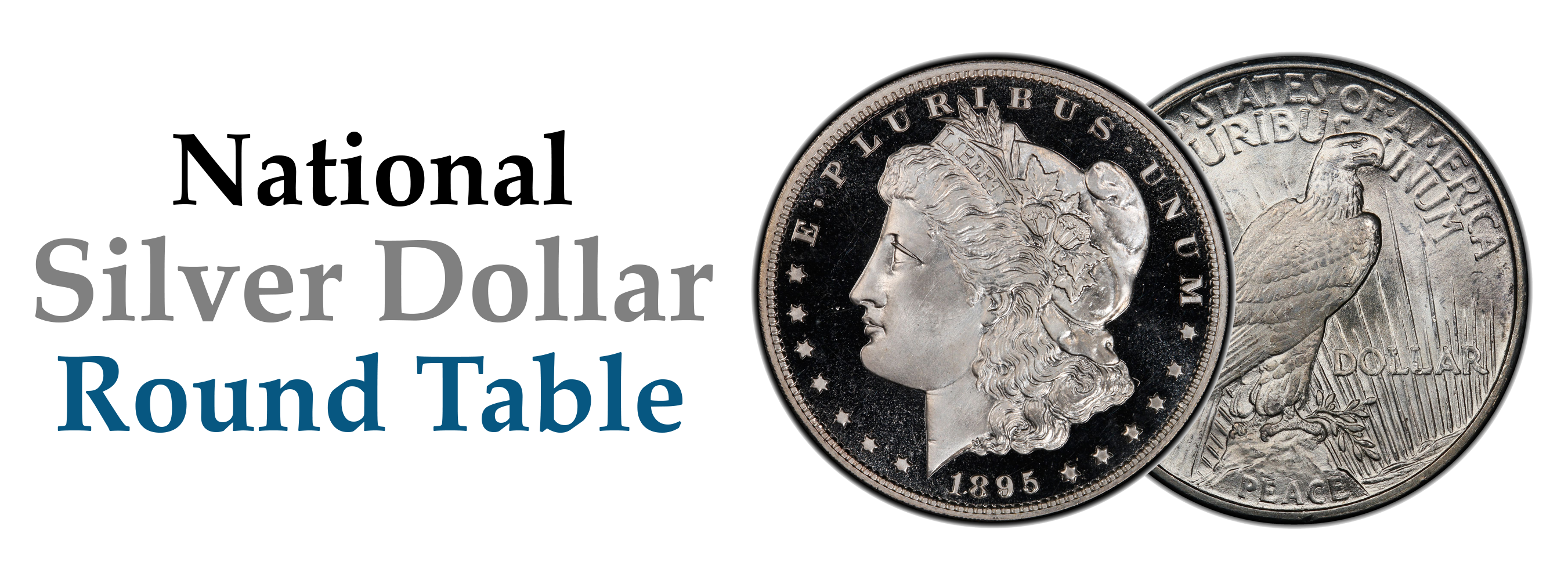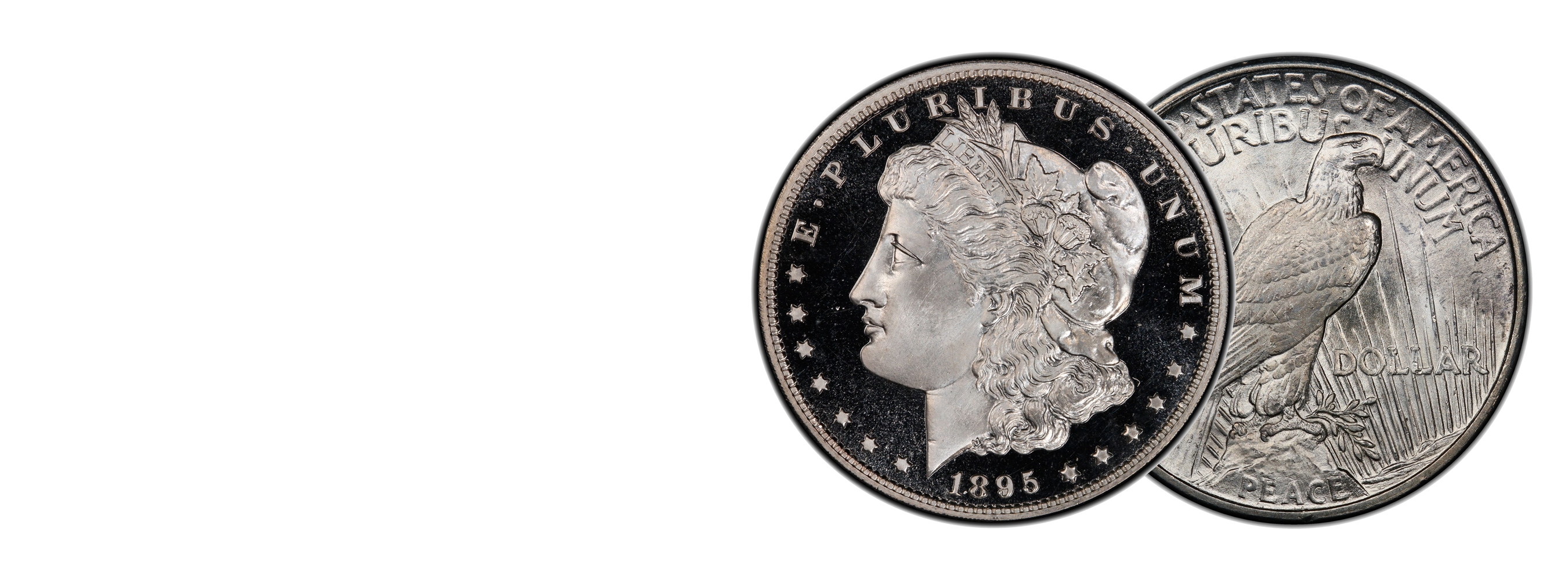NSDR Journal
Vol. XIV No. 2
May 1997
ICTA’s Trade Show Tax Project
The Battle in California is Important to all States
By Diane Piret
There has been some confusion in the coin community about the nature and purpose of this project. Although the arena for this battle is in California, this is not a California state issue; rather, this is an effect to preserve nationwide trade shows which are such a major part of how our hobby does business.
Another area of confusion pertains to the two different taxes that have created a problem among dealers attending coin show in California.
- Corporate Franchise Tax– This is a tax that the dealer pays out of his own pocket.
This tax applies to corporations and, until recently, was a minimum of $800 per year. This obligation was created by taking a table at a show for as little as one day. In the 1996 California legislative session, Senator John Lewis sponsored a bill (SB#1550) that created a “safe harbor” from this tax if the exhibitor was in the state for no more than 7 days and did not derive more than $10,000 of gross income from those activities. SB #1550 was signed into law in 1996.
- Sales/Use Tax Nexus- Sales and Use Taxes are collected from the customer and forwarded to the state. Loosely defined, sales taxes are collected based on transactions that take place within the state; use taxes, usually the same percentage as sales taxes, are due on transactions with merchants from out-of-state. Not all out-of-state merchants can be required by the state to collect the tax; however, the in-state resident still has the obligation to pay. States recognize that few residents volunteer to pay the tax and, therefore, seek to expand their sphere of influence over out-of-state sellers to force them to act as their collection arm. [In Florida, I have seen television commercials put out by the State reminding residents of this obligation.]
When at a show, a dealer must collect and remit any sales taxes that are applicable on a transaction. Even in states where there is an exemption (such as California), certain transactions will still require the application of sales taxes. For instance, many state exemption, including California, do not cover retail sales of less than $1,000.
The problem arise when the state seeks to impose use tax collection responsibilities on an out-of-state company for all transactions with residents of the state. For example:
Joe has a shop in Pennsylvania. He sells many collectibles including coins, currency, sports cards and memorabilia, books, jewelry, medals, etc. Joe advertises in Numismatic News, Coin World and The Numismatic, and many of his customers buy his products by mail and phone order.
Joe attends the Long Beach Show three times a year. He only sells the items covered by the tax exemption (rare coins and precious metals.) However, California insists that he must collect the use tax from all his California clients, even though the business he does from his home office has nothing to do with his attendance at the shows. California maintains that since he has physically been present in the state, even though temporarily and for a short time, that is enough for them to say he is doing business in the state as a retailer, and he must collect the sales/use tax. (If Joe never does a show in the state, and has no other “physical presence” there, the U.S. Supreme Court has determined that California cannot force Joe to collect the tax.)
Rather than subject his entire business operation to the interpretative whims of each state in which he may attend a show, Joe no longer takes a table at shows.
California has, on occasion, held that one day at a show is sufficient to create this tax collection responsibility. Other times auditors have used a more reasonable interpretation of law. However, prudent businesspeople cannot make reasonable plans for their business without a clearly defined policy upon which they can rely. Dealers need a clear and reasonable definition of when this tax collection obligation is created.
So what does all of this have to do with NSDR members?
ICTA has warned that states are looking at trade shows and creation of “nexus” (a physical business presence with attendant tax collection responsibilities) as another way of generating tax revenues. Recently a Florida case was decided where the Department of Revenue tried to go all the way to the U.S. Supreme Court to force an out-of-state company to collect use taxes on all its sales to Florida residents throughout the year. This company had only attended one trade show per year. We can expect this problem to continue to arise in most other states as well.
In an Amicus Curiae Brief prepared by the Direct Marketing Association (DMA), to the Florida Department of Revenue “a physical presence in the state ‘for 6 hours’ or ‘3 seconds or for 3 days’ renders a direct marketer liable to use tax collection and remittance obligations on all of its mail order residents prior to and after the visits.” The state of Florida was very aggressive in pursuit of this potential for revenue.
Although the U.S. Supreme Court refused to hear the case, thereby establishing the Florida high court’s ruling, it is important to note that this “safe harbor” in Florida is established, for now, at one trade show/3 days. If you attend only one show, such as F.U.N., in Florida, you should be fine. However, if you are from outside of Florida and plan to attend more than one
show, we recommend you consult a professional tax advisor first.
As a result of the Florida case, ICTA has been in close contact with the Direct Marketing Association, which is the oldest and largest trade association representing both large and “mom and pop” direct marketers. (If you advertise, you’re a direct marketer.) DMA is very interested in ICTA’s trade show tax project, and has offered support and assistance with California state legislators and government agencies. The NDA is a very powerful ally.
ICTA has been working with a coalition of hobby leaders including the Long Beach Coin & Collectibles Expo, the Professional Numismatists Guild (PNG), and the American Numismatics Association (ANA). We must attempt to resolve this problem, or we will see our long tradition of coin shows that attract national and international participants be reduced to swap meets wherein only local dealers can attend. Few dealers would continue to do shows in as many states if they had to collect use tax on ALL their transactions with residents of those states.
Many talk about attracting more people to numismatics and bemoan the decline of the collector base. Certainly preserving our coin shows is an important part of any outreach effort, and money well spent.
Donations for this legislative battle should be sent to ICTA with the designation “Show Tax Project.” This money is maintained in a separate account for this purpose only and goes primarily to pay the California lobbying firm which ICTA has retained. Donations may be sent to ICTA at P.O. Box 1365, Severna Park, MD 21146-8365. No donation is too small or too large! If you have any questions or comments, you may reach me at 504-682-6818; our executive director, Eloise Ullman, may be contacted at 410-626-7005.







Comments are closed